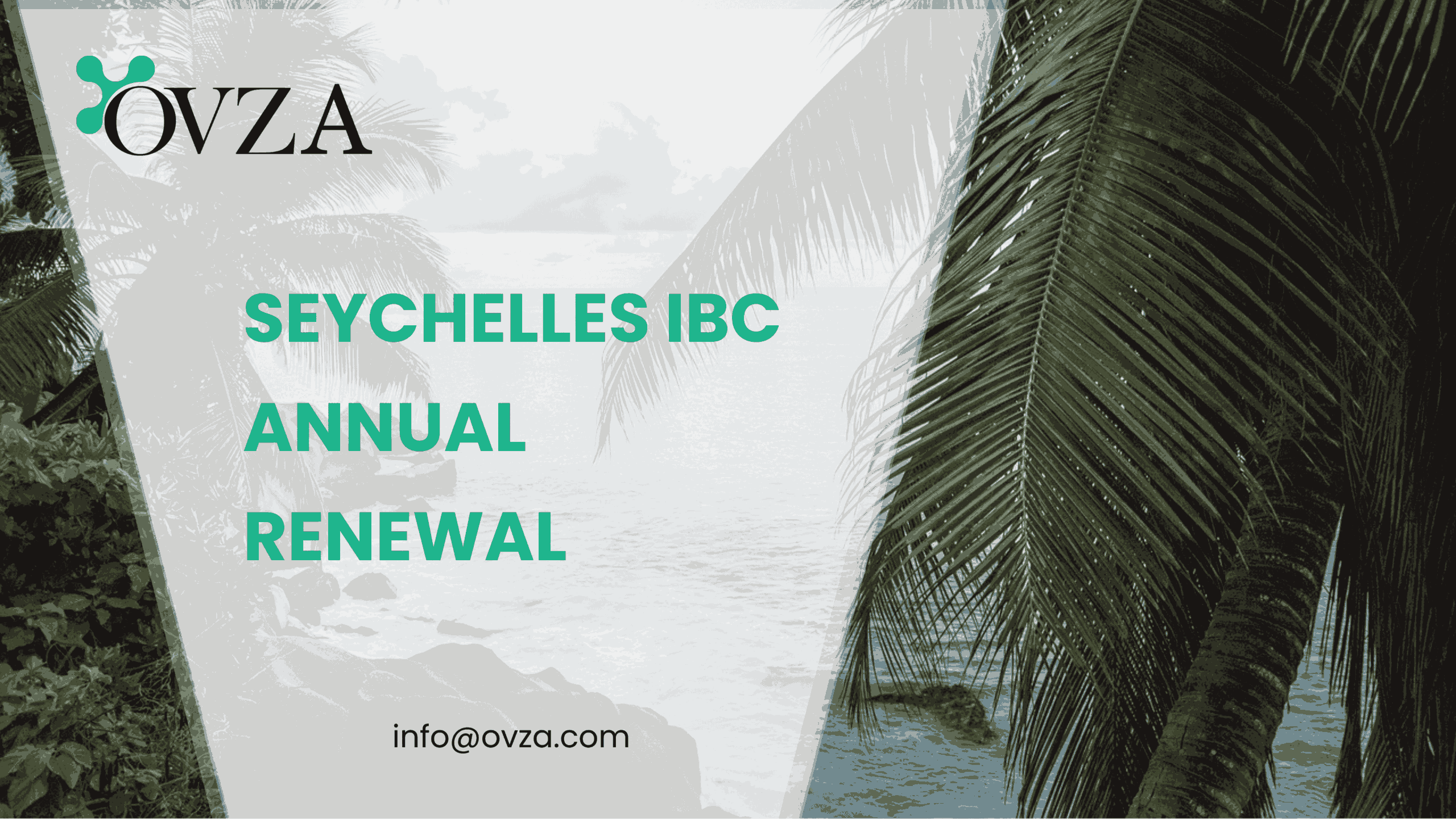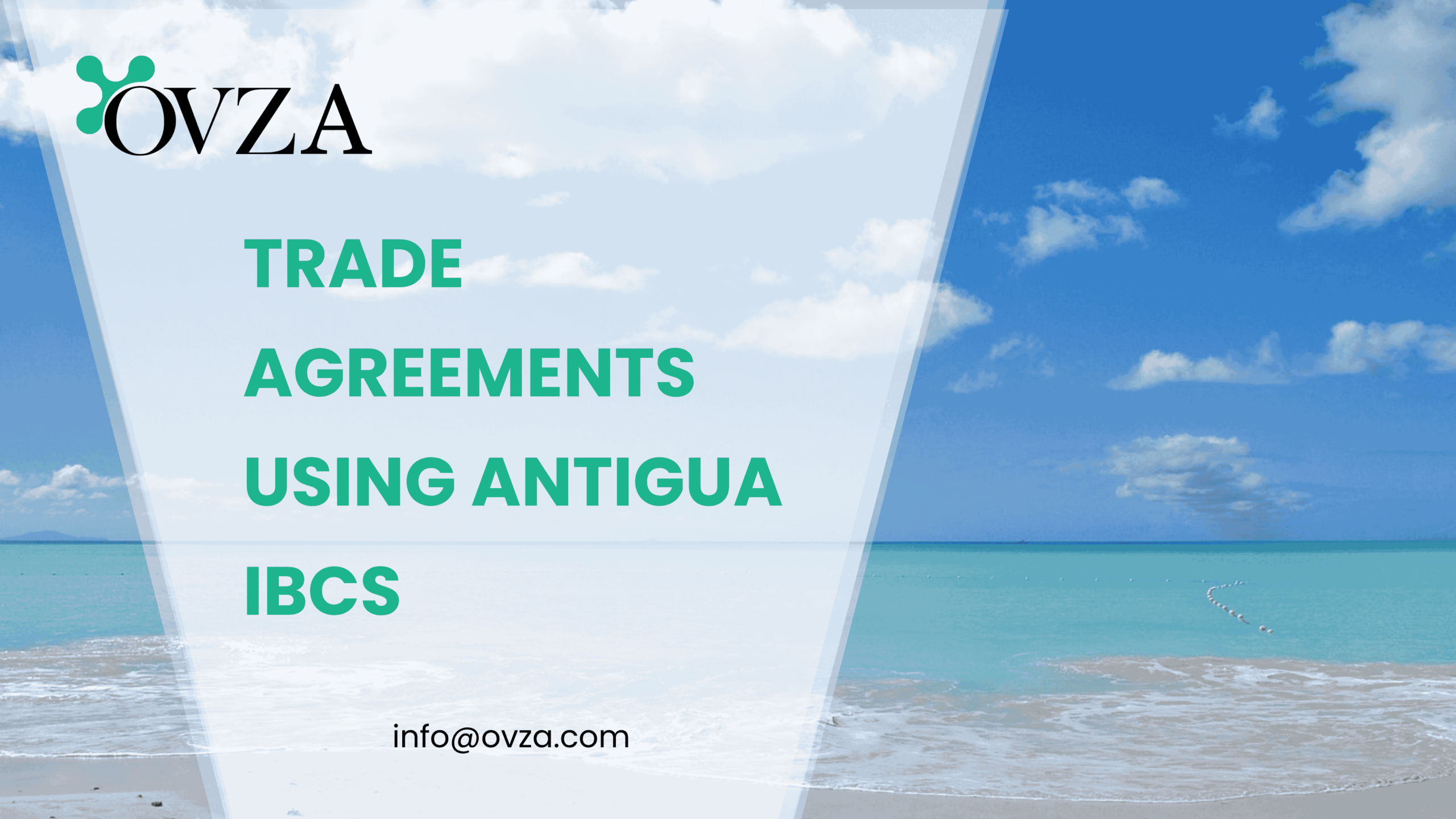Corporate tax exemptions in Saint Lucia require statutory eligibility, economic substance, and adherence to global transparency and reporting standards. The corporate tax exemptions available to qualifying companies in Saint Lucia are anchored in the jurisdiction’s legal and fiscal framework for international business. These exemptions have evolved in response to changing international tax norms and now reflect the country’s efforts to comply with global transparency and substance requirements while maintaining an attractive environment for offshore investment. Historically, Saint Lucia offered International Business Companies (IBCs) complete exemption from local corporate income tax. However, in the wake of reforms mandated by the OECD’s Forum on Harmful Tax Practices and the EU Council’s criteria for tax good governance, the regime has shifted toward a harmonized tax model.
Legal Framework and International Compliance
The corporate tax exemptions available to qualifying companies in Saint Lucia are anchored in the jurisdiction’s legal and fiscal framework for international business. These exemptions have evolved in response to changing international tax norms and now reflect the country’s efforts to comply with global transparency and substance requirements while maintaining an attractive environment for offshore investment. Historically, Saint Lucia offered International Business Companies (IBCs) complete exemption from local corporate income tax. However, in the wake of reforms mandated by the OECD’s Forum on Harmful Tax Practices and the EU Council’s criteria for tax good governance, the regime has shifted toward a harmonized tax model.
Under the International Business Companies (Amendment) Act of 2019, Saint Lucia abolished ring-fenced tax-exempt status for newly incorporated IBCs as of January 1, 2019, and imposed a harmonized corporate tax rate of 30%. However, this statutory rate is subject to substantial modification based on the company’s tax residency, business activity, and compliance with economic substance requirements. Companies that do not earn income in Saint Lucia, or that qualify under relevant tax exemption schemes, may apply for preferential treatment under the broader income tax framework governed by the Income Tax Act Cap. 15.02.
The revised framework permits certain exemptions where a company can demonstrate that its operations fall outside the territorial scope of Saint Lucia’s tax base. Territorial taxation principles, where applied, exempt foreign-sourced income from local corporate tax provided that the company is managed and controlled outside Saint Lucia or qualifies under a tax treaty or international investment regime. While blanket exemptions no longer apply automatically, the legal infrastructure permits exemption by application or by qualifying as a non-domiciled company under specified legislative instruments.
In particular, companies engaged in qualifying international financial services may benefit from exemption under the terms of licensing statutes issued by the Financial Services Regulatory Authority. These statutes govern entities such as mutual funds, insurance companies, and international banks, which are licensed to operate under specialized laws that incorporate tax privileges, including tax holidays or zero percent tax on specified classes of income. Such exemptions are not automatic and are subject to renewal, monitoring, and revocation upon noncompliance.
The new regime also integrates economic substance requirements as a precondition for preferential tax treatment. Companies claiming tax exemptions or reduced effective rates must demonstrate actual business activity, physical presence, and governance in line with the OECD’s Substantial Activities Requirement. Saint Lucia has enacted substance regulations applicable to relevant entities, requiring annual reporting on employment, expenditure, and core income-generating activities. These provisions are central to the integrity of the country’s tax exemption regime and its ongoing removal from international watchlists.
Treaty Access, Special Regimes, and Compliance Oversight
One of the most significant considerations in the application of St. Lucia’s corporate tax exemptions is the intersection with tax treaty eligibility. Although Saint Lucia maintains a limited network of double taxation treaties, it is a signatory to the CARICOM Double Taxation Agreement, which enables businesses incorporated in Saint Lucia to benefit from reduced withholding taxes and relief from double taxation within CARICOM member states. Companies structured to meet the substantive requirements of tax residence under these treaties may therefore obtain preferential tax treatment that extends beyond domestic exemptions, particularly where income flows between treaty states.
Furthermore, exemptions may be granted to certain development-focused enterprises operating under the Tourism Incentives Act or other sector-specific legislative instruments. These laws permit fiscal incentives including corporate tax holidays, import duty relief, and accelerated depreciation allowances for companies investing in targeted sectors. Such exemptions are granted under ministerial discretion and are subject to performance-based criteria, including investment thresholds, local employment generation, and adherence to regulatory conditions.
Although broad exemptions for offshore IBCs have been phased out in compliance with international tax reform, companies that had obtained grandfathered status prior to the 2019 amendments were permitted to retain their exemption until June 30, 2021. This transitional period was strictly regulated and required affected entities to notify the Inland Revenue Department and comply with transitional provisions. Since then, all companies in Saint Lucia operate under a unified corporate tax regime with scope for partial or full exemption only through express statutory or regulatory approval.
The monitoring of compliance with exemption conditions is conducted by both the Inland Revenue Department and the Financial Services Regulatory Authority. Entities that fail to submit annual returns, economic substance declarations, or financial statements may face revocation of their tax-exempt status or be subject to administrative penalties. The legal framework now integrates cross-referencing between regulatory and tax authorities, supported by automated information exchange under the OECD’s Common Reporting Standard (CRS) and FATCA regimes. Companies holding bank accounts or transacting internationally are particularly affected, as financial institutions require documentary confirmation of tax compliance and legal standing in order to maintain accounts or process cross-border transfers.
In the context of international enforcement, the principle of exchange of tax information under treaties and multilateral conventions has also limited the practical scope of tax exemption regimes that operate without substantive reporting. Saint Lucia is a party to the Multilateral Convention on Mutual Administrative Assistance in Tax Matters, and has committed to sharing beneficial ownership data, financial account information, and tax rulings with foreign tax authorities. This regulatory environment ensures that any misuse of tax exemption regimes for aggressive tax planning or base erosion is subject to detection and enforcement.
Companies seeking to benefit from corporate tax exemptions must therefore be structured not only within the parameters of Saint Lucia’s domestic legislation, but also with due regard to international standards of transparency and economic activity. Exemptions now function as targeted fiscal incentives rather than blanket privileges, and their continued availability depends on the integrity of regulatory compliance, substance demonstration, and treaty compatibility.
Structuring Considerations and International Tax Alignment
When assessing the viability of corporate tax exemptions in Saint Lucia, legal practitioners must consider not only the nominal statutory provisions but also the broader implications of base erosion, profit shifting, and international reputational risk. The historical use of zero-tax IBC regimes as tools for offshore tax structuring has given way to modern requirements of tax transparency and regulatory accountability. As such, exempt status must now be anchored in substantive presence and legitimate business activity, not merely formal registration.
Companies that engage in cross-border services, digital trade, or financial intermediation must ensure that their operations in Saint Lucia are supported by verifiable staff, offices, and records, aligning with substance rules and reducing exposure to challenges by foreign tax authorities. This is particularly important given the legal reach of foreign tax regimes such as the U.S. Subpart F rules and the European Union’s Controlled Foreign Corporation (CFC) legislation, which may tax offshore income at the shareholder level if the structure is deemed abusive or artificial.
Moreover, eligibility for tax exemptions under Saint Lucia law does not in itself guarantee protection against international scrutiny. Companies structured to take advantage of the territorial tax system must also consider the implications of exchange of information agreements, data reporting obligations, and global minimum tax frameworks being introduced under the OECD’s Pillar Two initiative. As these rules are implemented, the economic rationale for tax exemption must be reconciled with transparency and anti-avoidance doctrines embedded in international tax law.
While Saint Lucia continues to offer corporate tax exemptions through specific legislative and regulatory programs, these are increasingly tied to compliance with economic substance, active management, and reporting requirements. Investors and advisors must therefore evaluate not just the statutory tax position of a company but also the sustainability of that position in light of global standards, banking requirements, and treaty obligations.
Conclusion
Corporate tax exemptions in Saint Lucia are governed by a post-reform legal regime that prioritizes economic substance, regulatory compliance, and alignment with international tax standards. While full exemptions for new IBCs have been eliminated, specific statutory instruments and licensing frameworks continue to provide for preferential treatment in qualifying cases. These exemptions are no longer automatic and must be supported by demonstrable business activity and substantive regulatory adherence. The evolution of Saint Lucia’s tax framework reflects a broader shift in offshore financial law, where exemptions must serve legitimate economic purposes and conform to principles of transparency, fairness, and anti-abuse enforcement.
Disclaimer: The information provided on this website is intended for general reference and educational purposes only. While OVZA makes every effort to ensure accuracy and timeliness, the content should not be considered legal, financial, or tax advice.











